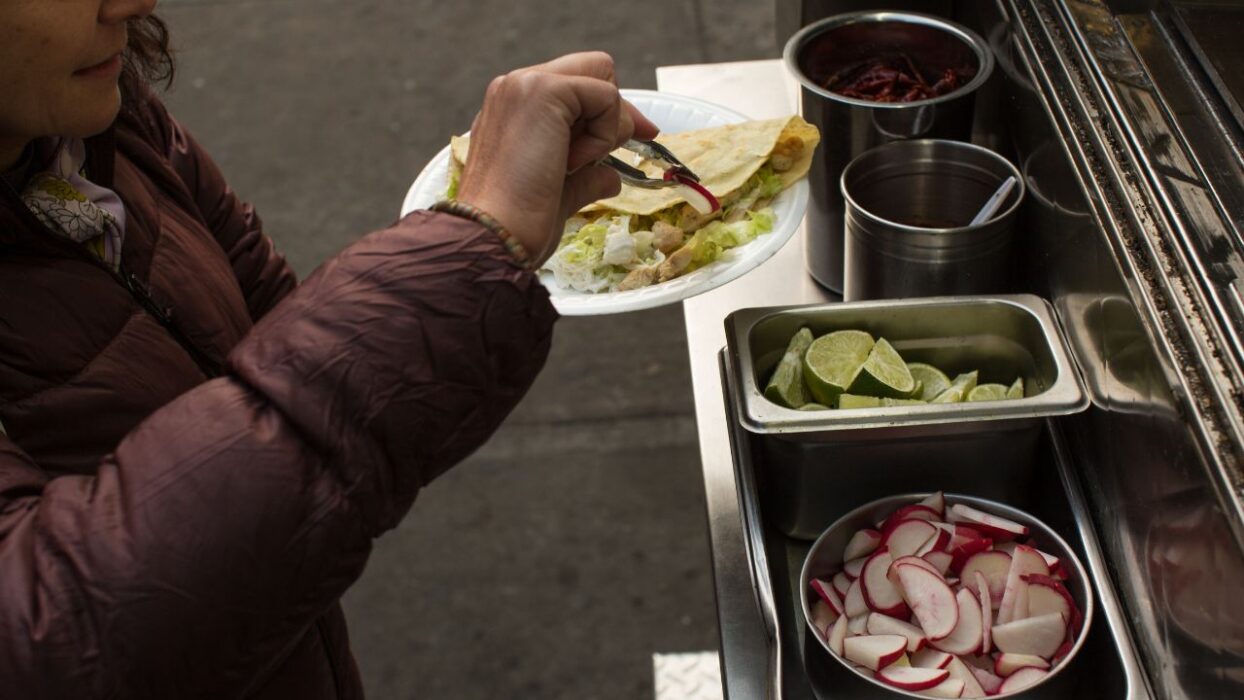
Demi Lovato’s Sister Opens Up About Addiction to Weed, Says She Couldn’t Eat Without Smoking
“Desperate Housewives” actress Madison De La Garza, Demi Lovato’s half-sister, opened up about her addiction to weed in a new interview with Partnership to End Addiction. Talking to Elizabeth Vargas on her podcast, “Heart of the Matter,” De La Garza spoke at length about how cyberbullying developed into anxiety and eating disorders as well.
The 21-year-old actress first appeared in “Desperate Housewives” as the 6-year-old daughter of Eva Longoria’s character, Gabrielle Solis, from 2008 to 2012. What started as a dream job quickly became a source of trauma for the actress, who endured near-constant cyberbullying about her appearance.
Madison De La Garza struggled with cyberbullying from a young age
Despite her parents’ attempts to keep her off the internet, De La Garza “would spend hours and hours reading comments online and the comments section of YouTube videos and comments on TMZ,” she said. On one particularly toxic forum, OceanUp, commenters wished death upon her because of her body.
One commenter hoped that De La Garza would “get cancer and die” as a child. By seven years old, De La Garza was starving herself. Eventually, she entered eating disorder recovery but would often relapse. The actress later fell into addiction, most notably to marijuana.
The actress discusses weed addiction as a product of mental illness
Hoping to break the stigma of addiction, De La Garza came forward to discuss her struggles in more detail. In the interview, she says, “I think it’s really important to break down the stigma surrounding mental illness and addiction and to also talk about the different types of addiction,” she said.
The actress makes a point to note that addiction comes in many forms. Although alcohol and drug addiction get the most attention from the general public, De La Garza mentioned sex, shopping, and social media as examples of other kinds of addiction. “Even things like marijuana can be addictive,” she said.
Getting into more detail about her addiction to weed, De La Garza admitted she could not even eat without smoking. “I went days without eating because of that,” she said. The actress also pointed out how common it really is. She’s far from the only person who managed their hunger with marijuana.
“It just completely takes away your appetite to the point where this is the only way; using that is the only way you can control your hunger.” At a certain point, the actress knew she had to break the cycle and stop smoking. Thankfully, De La Garza was able to return to a regular eating schedule after just a few weeks.
Her half-sister, Demi Lovato, helped her along the way
Elsewhere, she talks about asking her half-sister Demi Lovato, who also struggles with addiction, to help her on her road to recovery. “My sister has always been there for me through all of it,” De La Garza said. “She’s been a huge support system for me and has always been there to listen and give advice and encourage me.”
In fact, Demi’s public struggle with addiction inspired De La Garza to become an advocate for a drug-free lifestyle in the first place. Although less harmful substances like marijuana don’t get as much attention, De La Garza understands that compounded with mental illness, weed can also be a debilitating drug.
“Demi has been a huge advocate for that,” De La Garza said. She also mentioned Lovato’s willingness to be candid. Most notably, how it helps give others the strength to come forward with their own stories. “Seeing her journey and how much it helped her inspired me to want to become an advocate,” she added.
De La Garza says addiction is not the end, and recovery is possible
Through the interview, De La Garza shares words of encouragement to people struggling with addiction of any kind. The actress often refers to addiction as a disease that requires treatment in much the same way as conditions like “diabetes or hypertension.”
Additionally, she discusses the root causes of addiction, which often include isolation, mental illness, and trauma. She then reiterates that addiction is not a reflection of the person. Breaking the stigma around it will ultimately lead to more recovery.
However, De La Garza shares more about how “recovery is not just about stopping the use of drugs or alcohol” with no plan for the future. Instead, recovery is about finding meaning in life and fulfillment in oneself. For De La Garza, recovery is not a straight line. It’s “not a one-size-fits-all process” and “requires an individualized approach.”




